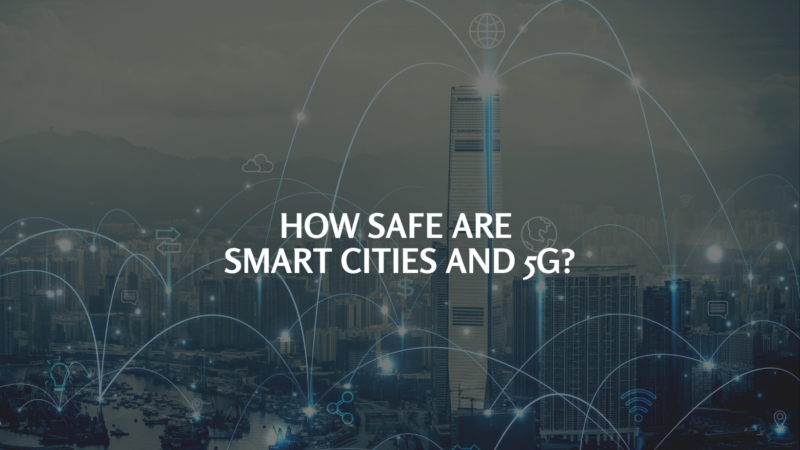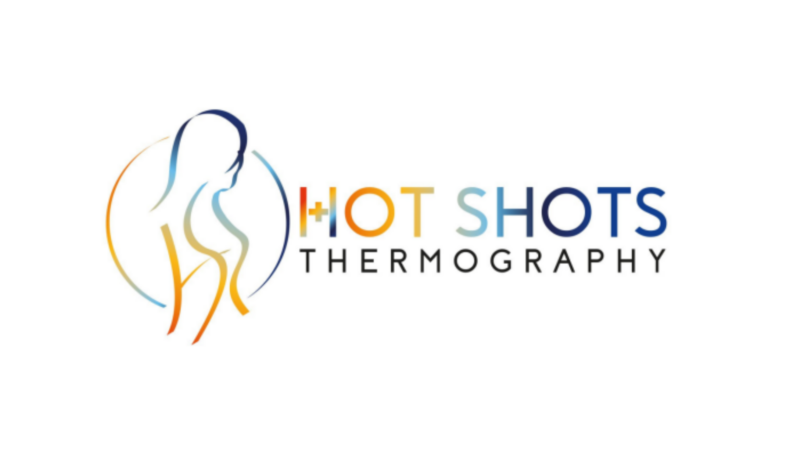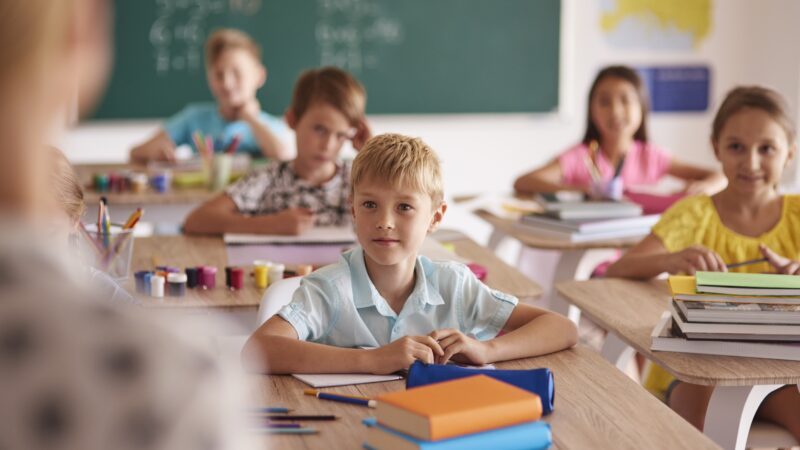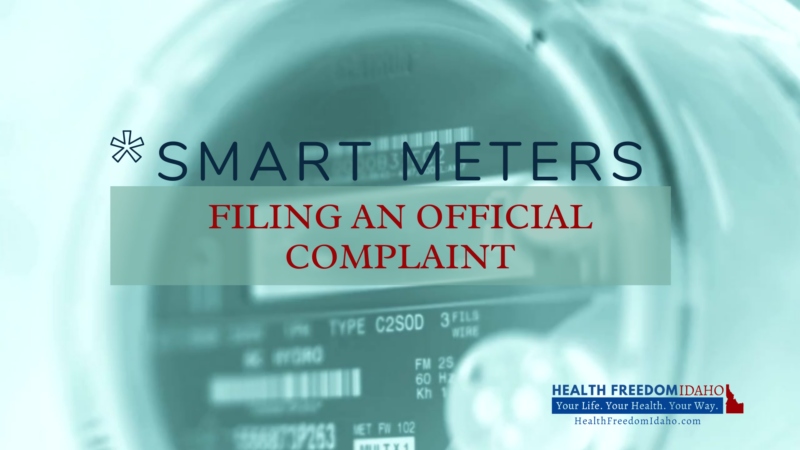Alternatives to Psychiatric Drugs
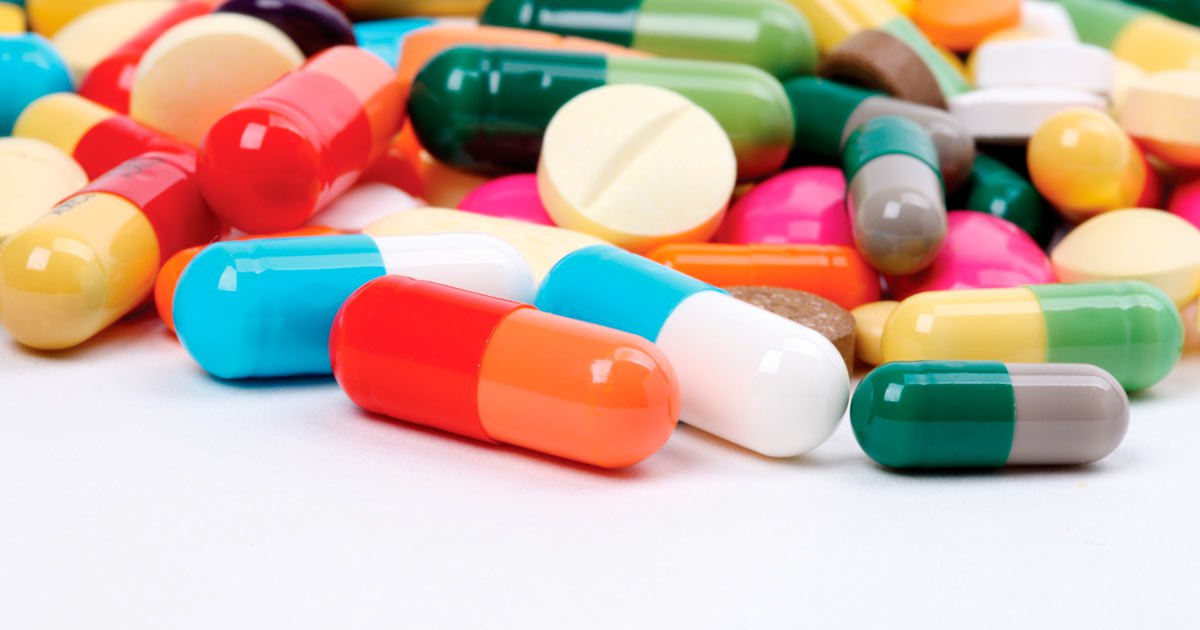
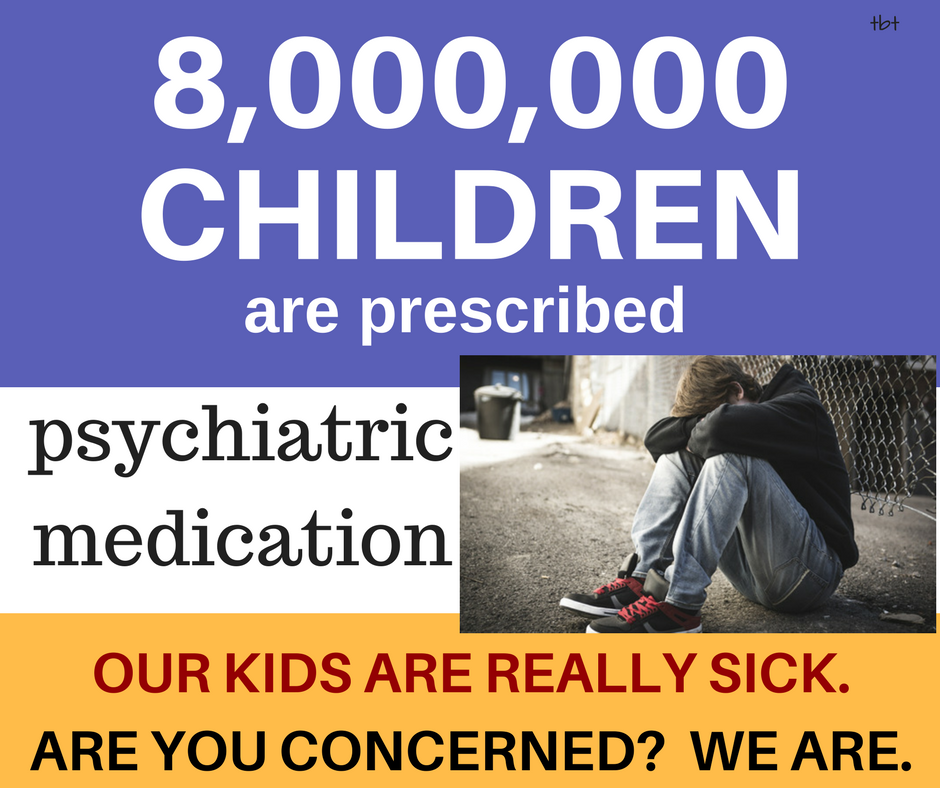
In the U.S. alone, nearly 80 million people are taking psychiatric drugs, including 8.5 million children, with more than 1 million between the ages of zero to five (source: IMS Health Health Vector One National database). The issue of informed consent is practically non-existent in the field of mental health, as patients are not accurately informed of the documented risks of psychiatric drugs which carry 286 drug regulatory warnings, 278 studies, and over 400,000 adverse reaction reports filed with the U.S. FDA.
Number of Children on psychiatric drugs in the United States
0-1 Years 274,804
2-3 Years 370,778
4-5 Years 500,948
6-12 Years 4,130,340
13-17 Years 3,617,593
The American Psychiatric Association, the American Medical Association and the National Institute of Mental Health all admit that there are no medical tests to confirm mental disorders as “disease,” but do nothing to counter the false idea that these are biological/medical conditions when in fact, diagnosis is simply done by a checklist of behaviors.
This is not to say that children cannot experience emotional or behavioral difficulties (see alternative non-drug solutions), but these diagnosis of mental disorder are not the same as diagnosis of verifiable diseases or medical conditions. There are no genetic tests, brain scans, X-Ray or any scientifically proven test to verify mental disorders as disease, requiring dangerous drugs to “treat” them.`
Patients are prescribed medications to treat symptoms and yet they are not informed of the serious side effects. The side effects of these anti anxiety, antidepressant and anti psychotic drugs are linked to heart attacks, psychosis, suicidal ideation, diabetes, stroke, mania and sudden death. As if that weren’t bad enough, there’s also the fact that many of the high-profile public shootings in recent years were perpetrated by young people on such drugs, so not only do kids have the risk of dying when they take these medications, but they could also take out a whole classroom or movie theater with them.
In fact, at least 36 school shootings and/or school-related acts of violence have been committed by those taking or withdrawing from psychiatric drugs resulting in 172 wounded and 80 killed. (source) Despite 27 international drug regulatory warnings on psychiatric drugs citing effects of mania, hostility, violence and even homicidal idealization, and dozens of high profile shootings/killings tied to psychiatric drug use, there has yet to be a federal investigation on the link between psychiatric drugs and acts of senseless violence. See full list in this article
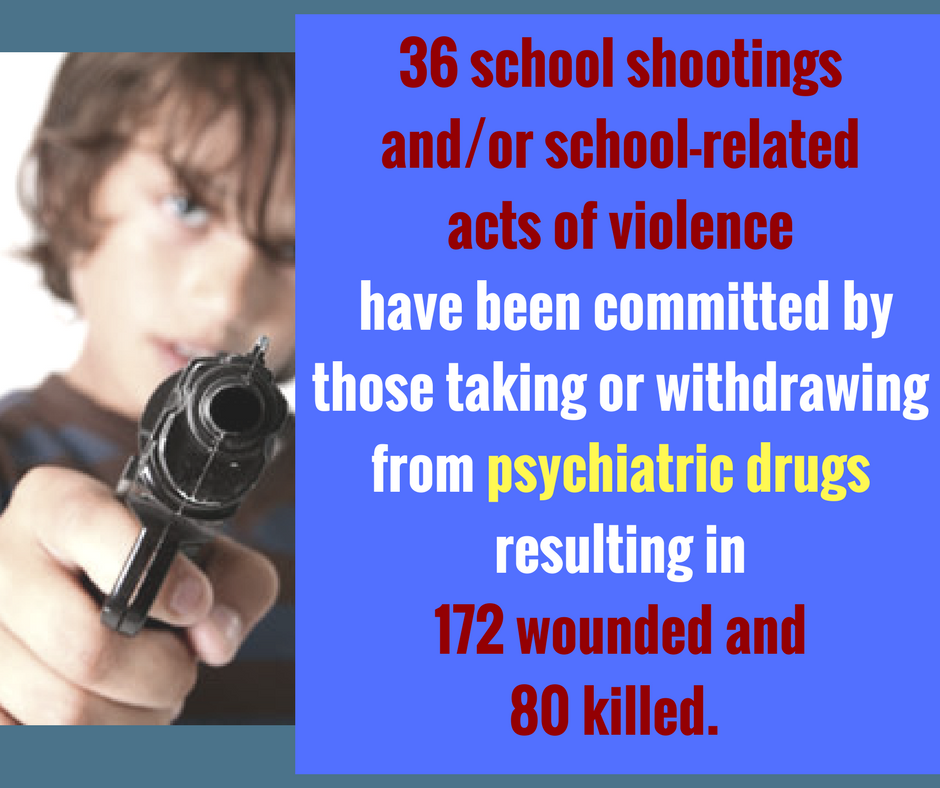
In a study of thirty-one drugs that are disproportionately linked to reports of violence toward others, five of the top ten are antidepressants. These are Prozac, Paxil, Luvox, Effexor and Pristiq. Two other drugs that are for treating ADHD are also in the top ten which means these are being given to children who could then become violent. One could conclude from this study alone that antidepressants cause both suicidal thoughts and violent behavior. This is a prescription for mass shootings.
No one can talk their way out of explaining how a person who is previously non-violent and given antidepressants suddenly becomes violent or suicidal. There are multiple cases of children who have committed suicide days after starting to take an antidepressant.
Fortunately, there are numerous, non-drug, non-harmful safer alternatives to giving kids mind-altering medications.
Psychiatric medications affect a child’s brain chemistry and could impact their development in irreversible ways, so it’s important for doctors and parents alike to reserve them as an absolute last resort. Some degree of anxiety is normal in children as they start to understand the way the world works. Life is full of ups and downs, and children who learn coping strategies when they’re young will have a valuable skill that can serve them well throughout their lifetime. There are lots of good coping mechanisms that can help children with depression, anxiety, and those who have been labeled with ADHD.
Please note: The information in these pages is passed on to you as is. By noting the information, we are making no medical recommendations, nor are we implying any warranty on the products or services as they are presented by the authors. We recommend and encourage you to seek out information to make the appropriate decision for your child or student.
- Change of diet has been successful to help children with anxiety, manic depressive episodes and even rages. This includes
- Anti-inflammatory herbs and nutrients
- Supplements/ eating foods high in B6 and Zinc, Magnesium, Omega Oils
- Elimination of wheat, dairy and food chemicals such as colors and preservatives
- Anti-inflammatory herbs and nutrients
- Dr. Weil – This bestselling author and renowned M.D. opens doors to other means of addressing ADD and ADHD symptoms.
- Naturopathic care
- Chiropractic Care
- Homeopathy
- www.brainbalancecenters.com – Holistic view of your child & non-medical approach
- Tapping is free and effective!
https://www.facebook.com/TappingSolutionFoundation/videos/786950801494963/ - Meditation, yoga and
RESOURCES:
Antidepressants and School Shootings, Suicide, Addiction
Psychiatric Drug Alternatives
- The_Side_Effects_of_Common_Psychiatric_Drugs
INFORMED CONSENT:
If drugs are recommended for your child, print off summaries of international drug warnings/studies on whatever type of drug is being recommended and provide this to the doctor/psychiatrist recommending drugs and ask if they are aware of the international studies and warnings on these drug risks (unfortunately, many doctors get their information on drugs safety from Pharmaceutical representatives)
For ADHD Drug Warnings and Studies click here
For ANTIDEPRESSANT Drug Warnings and Studies click here
For ANTIPSYCHOTIC Drug Warnings and Studies click here
For ANTIANXIETY Drug Warnings and Studies click here
Or to find studies and warnings on specific brand name drugs such as Ritalin, Paxil, Adderall, Concerta, Zoloft, Risperdal, simply type in name of the drug in CCHR’s Psychiatric Drug Side Effects Search Engine here


